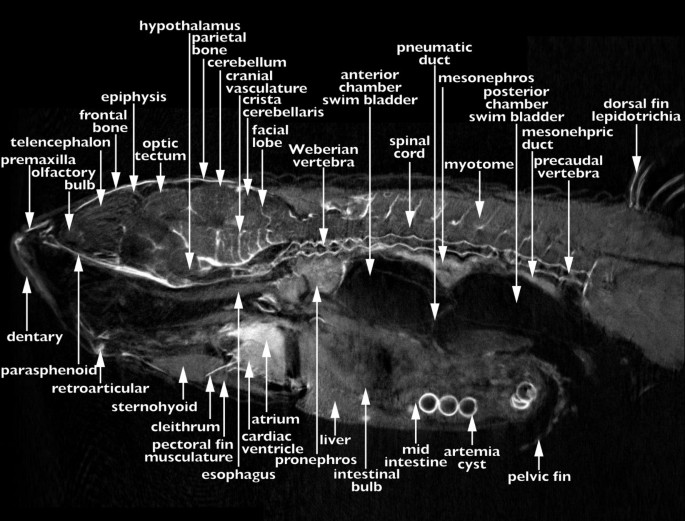



Molecular Data for Population Management Scientific Advisory Group.Institutional Data Management Scientific Advisory Group.Ambassador Animal Scientific Advisory Group.Aquatic Collections Sustainability Committee.As a stand-alone, living document, information can be kept more relevant. Traditionally, this information was included in the background of a recovery plan and became outdated quickly. This document was published in January 2023 and will be updated as necessary with new information. A Recovery Status Review is a stand-alone document that provides all the detailed information on the species' biology, ecology, status and threats, and conservation efforts to date. Using the 2017 Status Review Report for the oceanic whitetip shark as a foundation, we developed an up-to-date Recovery Status Review for the species. The activities identified in the Recovery Implementation Strategy can be modified and adapted over time based on the progress of recovery and the availability of resources or new data or literature. The Recovery Implementation Strategy is intended to assist NOAA Fisheries and other stakeholders in planning and implementing activities to carry out the recovery actions in the recovery plan. The Draft Recovery Implementation Strategy is a flexible, operational document that steps-down the recovery actions into more specifically defined activities that implement and support the recovery actions. It contains the elements required to be in a recovery plan under the Endangered Species Act: (1) objective, measurable recovery criteria (2) site-specific management actions necessary to conserve the species and (3) estimates of the time and costs required to achieve the plan’s goals. The Draft Recovery Plan provides the foundation and overall road map for achieving the recovery goal. The Draft Recovery Plan follows the 3-part framework approach to recovery planning, in which recovery planning components are divided into three separate documents. We are soliciting review and comment from the public and all interested parties on the Draft Recovery Plan, and will consider all substantive comments accepted through Ma, before submitting the Recovery Plan for final approval. Recovery Planning Workshop Summary - Miami, Florida (PDF, 21 pages)īased on input provided at the recovery planning workshops and available data and scientific literature, we developed a Draft Recovery Plan in January 2023 (88 FR 4817).Recovery Planning Workshop Agenda - Miami, Florida (PDF, 3 pages).Recovery Planning Workshop Summary - Honolulu, Hawaiߵi (PDF, 18 pages).Recovery Planning Workshop Agenda - Honolulu, Hawaiߵi (PDF, 3 page).Participants included federal and state agencies, scientific experts, commercial fishermen, conservation partners, and non-governmental organizations.
ZEBRA SHARK DIAGRAM HOW TO
The purpose of these workshops was to gather information, facts, and perspectives on how to recover the oceanic whitetip shark, including identifying potential recovery criteria and actions to address the threats to the oceanic whitetip shark.

We held two recovery planning workshops for the oceanic whitetip shark-one on April 23-24, 2019 in Honolulu, Hawaiߵi, and another on November 13 in Miami, Florida. The recovery outline presents a preliminary strategy for recovery of the species and recommends high priority actions to stabilize and recover the species.
ZEBRA SHARK DIAGRAM FULL
NOAA Fisheries has developed a recovery outline to serve as an interim guidance document to direct recovery efforts, including recovery planning, for the oceanic whitetip shark until a full recovery plan is developed and approved. Under the ESA, NOAA Fisheries is required to develop and implement recovery plans for the conservation and survival of listed species.


 0 kommentar(er)
0 kommentar(er)
